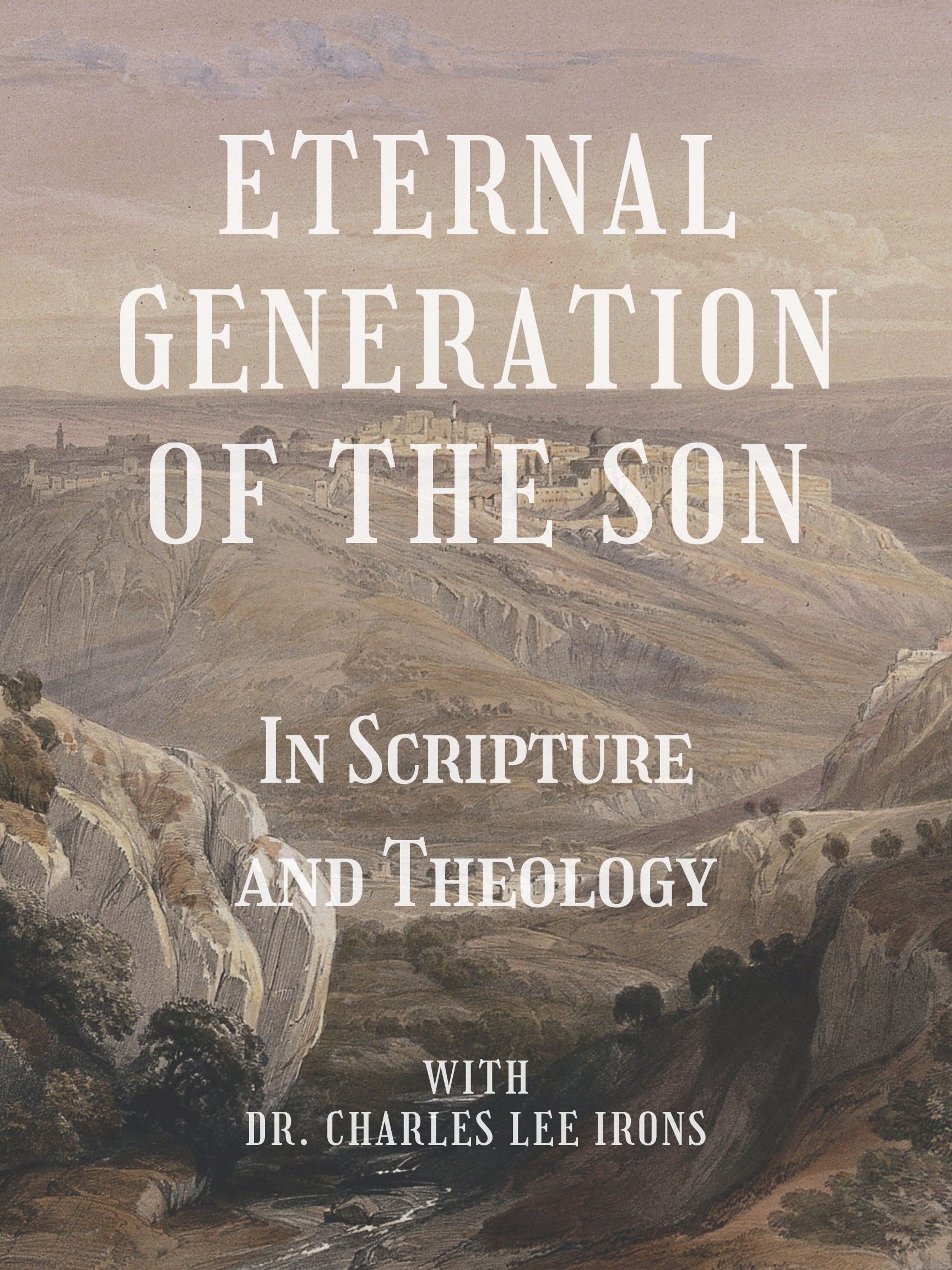 Image 1 of
Image 1 of


Eternal Generation of the Son in Scripture and Theology
The doctrine of the eternal generation of the Son is a central element of the classical doctrine of the Trinity. However, due to the Enlightenment rejection of medieval ontology, historical-critical exegesis, and heterodox views of eternity and time, the doctrine was cast aside by modernist theologians as so much metaphysical speculation. Even among otherwise conservative Protestants, confidence in the doctrine has significantly eroded as historicizing currents washed ashore. This course will attempt to retrieve the doctrine of eternal generation for today by considering (1) its scriptural basis, (2) its development in the history of theology, and (3) its contemporary retrieval versus Eternal Functional Subordination (EFS).
The doctrine of the eternal generation of the Son is a central element of the classical doctrine of the Trinity. However, due to the Enlightenment rejection of medieval ontology, historical-critical exegesis, and heterodox views of eternity and time, the doctrine was cast aside by modernist theologians as so much metaphysical speculation. Even among otherwise conservative Protestants, confidence in the doctrine has significantly eroded as historicizing currents washed ashore. This course will attempt to retrieve the doctrine of eternal generation for today by considering (1) its scriptural basis, (2) its development in the history of theology, and (3) its contemporary retrieval versus Eternal Functional Subordination (EFS).
The doctrine of the eternal generation of the Son is a central element of the classical doctrine of the Trinity. However, due to the Enlightenment rejection of medieval ontology, historical-critical exegesis, and heterodox views of eternity and time, the doctrine was cast aside by modernist theologians as so much metaphysical speculation. Even among otherwise conservative Protestants, confidence in the doctrine has significantly eroded as historicizing currents washed ashore. This course will attempt to retrieve the doctrine of eternal generation for today by considering (1) its scriptural basis, (2) its development in the history of theology, and (3) its contemporary retrieval versus Eternal Functional Subordination (EFS).

